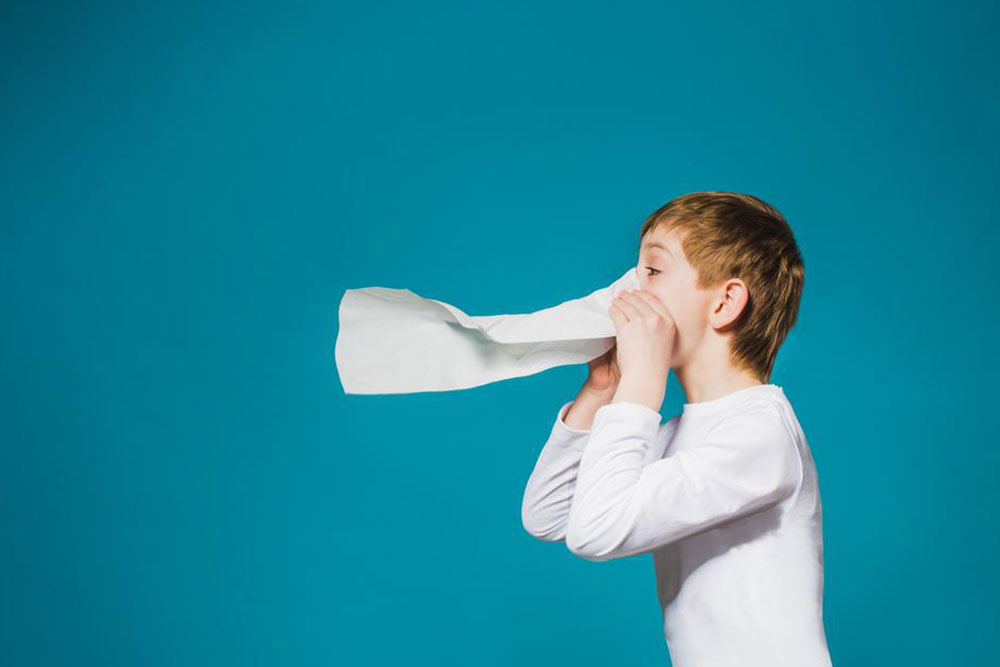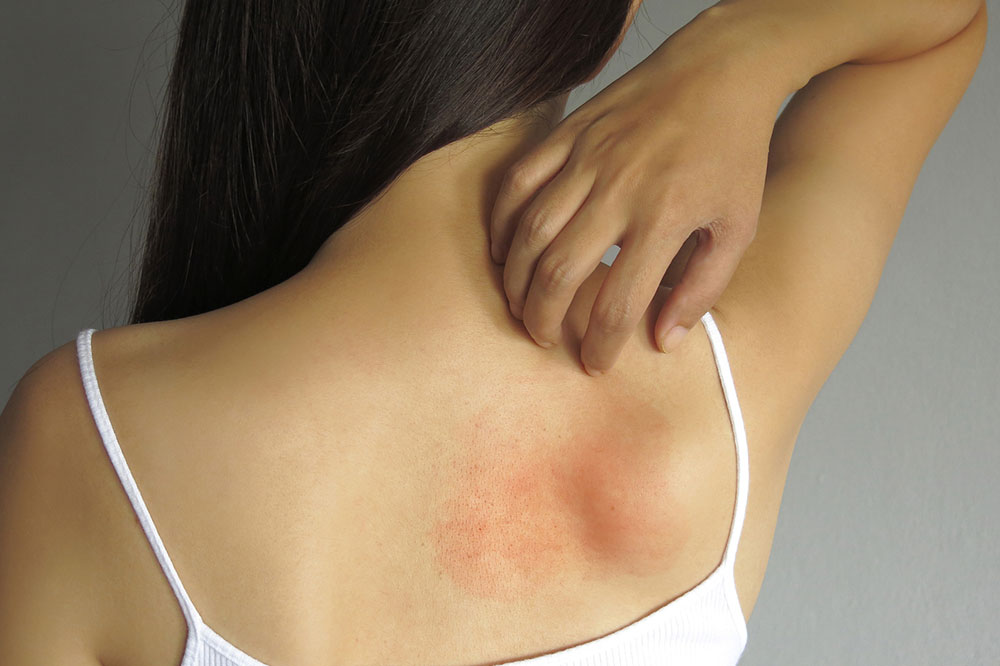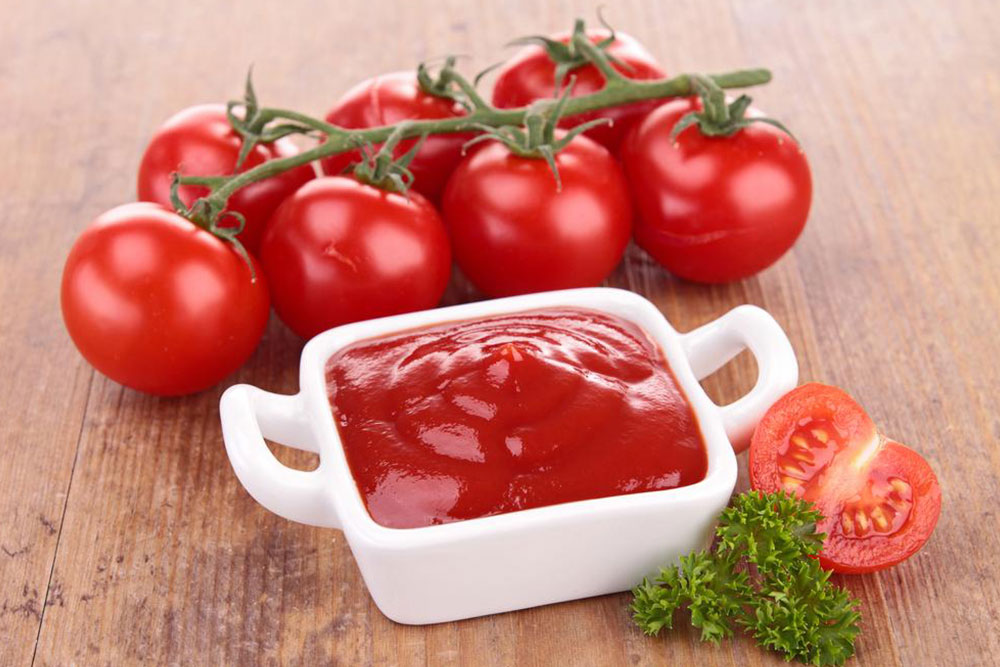Effective Strategies for Managing Children's Allergy Symptoms
Discover practical and effective ways to alleviate allergy symptoms in children. This guide covers tips like indoor precautions, saline nasal relief, hydration, and dietary suggestions, helping parents manage kids' allergies safely. Always consult a healthcare provider before implementing new remedies to ensure their suitability for your child's health needs.

Effective Tips to Help Kids Manage Allergy Symptoms
Keep your child indoors during peak pollen times
Minimizing outdoor exposure during high pollen periods is crucial. Pollen levels often spike during windy conditions, mid-morning, and early evenings. While it's tough to keep children indoors all day, ensuring they stay inside during these periods reduces allergy triggers.
Use saline nasal sprays to ease congestion. For older children, medical saline irrigation solutions are effective, while younger kids can benefit from homemade saltwater rinses made with non-iodized salt and boiled water. This simple remedy helps clear nasal passages and alleviates allergy symptoms.
Ensure your child remains well-hydrated throughout the day. Frequent sneezing can lead to dehydration, so encourage drinking water regularly by providing accessible bottles for sipping. Proper hydration supports their immune response against allergens.
A warm shower can relieve allergy symptoms by creating steam that soothes nasal passages. Encourage your child to enjoy a comfortable, lukewarm bath, but avoid hot water which may worsen symptoms.
Combat dry indoor air with a humidifier set at around 40%. Adequate moisture helps ease breathing difficulties caused by dry air, dust, or mold. Regular maintenance of the humidifier prevents mold growth.
Applying a cold compress over itchy eyes provides quick relief from irritation and dryness. This simple remedy reduces discomfort caused by allergy-related eye itchiness.
Discourage your child from rubbing their eyes. Rubbing can worsen redness and irritation, so gently remind them to avoid touching their eyes to prevent further inflammation.
Incorporate spicy foods containing garlic, ginger, onions, or pepper into your child's diet. Spices can help loosen mucus and clear nasal passages, easing congestion naturally.
Applying petroleum jelly around the nostrils can reduce redness and protect the skin from constant sneezing and irritation. It acts as a barrier against skin soreness.
Use warm compresses on the face to relieve sinus pressure and pain associated with allergies. This simple technique can bring comfort and reduce discomfort.
Before adopting any of these methods, consult your child's pediatrician to ensure safety and suitability for their specific condition. These strategies can effectively lessen allergy symptoms when combined with professional advice.
Note: The information provided is for general guidance. Always seek medical advice for persistent or severe allergy symptoms. We aim to offer practical tips, but individual cases may vary. Readers should not rely solely on these suggestions and should consult healthcare professionals for personalized care.










